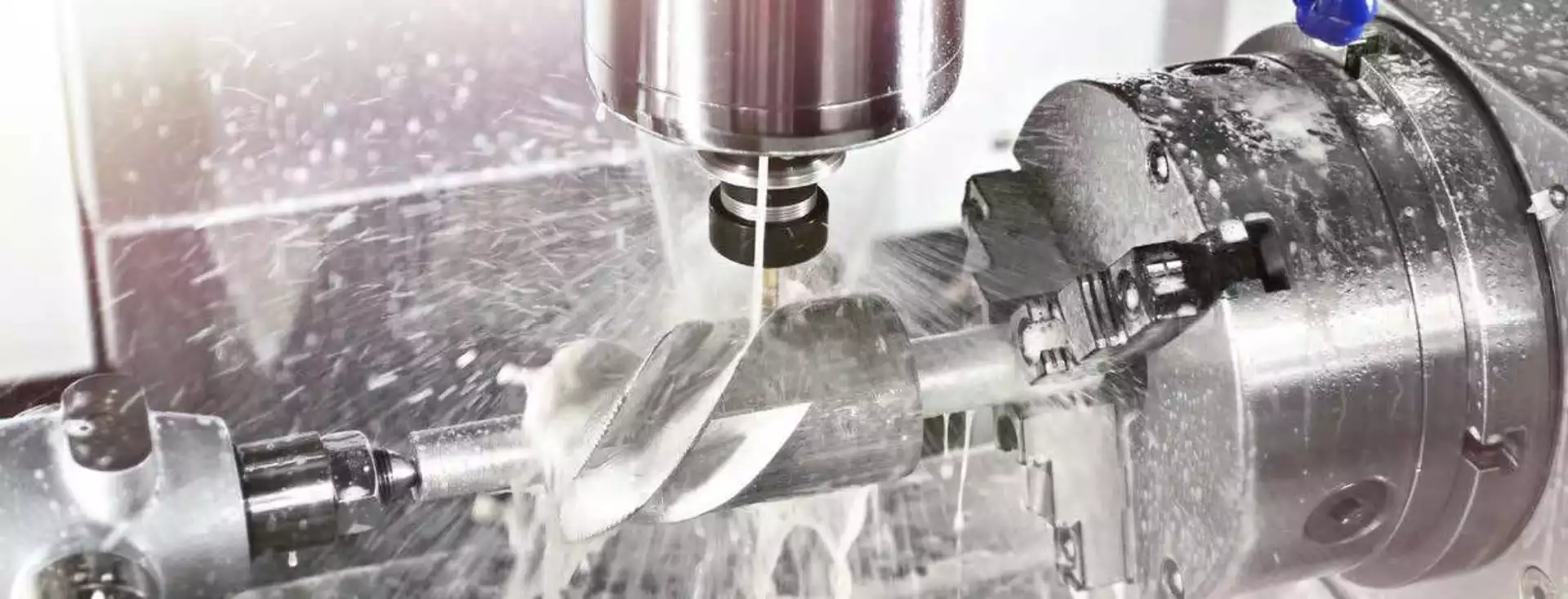Formaldehyde-releasing agents (FRAs) in metalworking fluids haven’t been a new topic for years. Since the EU reclassification in 2018, which identified several FRAs as carcinogenic, the industry has been steadily shifting toward safer, compliant alternatives.
Yet despite the time that’s passed, questions persist. Whether it’s uncertainty about which products contain FRAs, how to make the switch, or what compliance means for day-to-day operations—we hear from manufacturers, maintenance teams, and HSE managers regularly. This continued interest speaks to the complexity of the topic—and to the real impact these regulations have on how you choose, use, and manage metalworking fluids. That’s where we come in.
At Optimol Lubrication, we’ve supported countless businesses through this transition. With deep product knowledge and a hands-on understanding of machining environments, we help you cut through the noise and make technically sound, regulation-ready choices—without compromising performance.
Understanding the regulation.
The 2018 update to the EU’s CLP Regulation (Classification, Labelling and Packaging of substances and mixtures) reclassified several FRAs as Category 1B carcinogens. This had direct implications for products used in metalworking, particularly water-soluble cutting fluids, which often relied on FRAs to control microbial growth.
It’s important to note that formaldehyde is not directly added to these fluids. Rather, it’s released in very small quantities under certain conditions by specific biocidal additives. However, from a regulatory and health & safety perspective, even trace levels can matter—especially in high-exposure environments like workshops and machining centres.
What this means for your fluids.
For fluid users in the EU, the reclassification triggered a need to reassess product formulations. The presence of FRAs may now require additional safety data, stricter labelling, and in some cases, restricted use depending on the application and exposure levels.
As a key partner of Castrol, we’ve had a front-row seat when they development their innovative XBB technology, a biocide system designed to deliver exceptional microbial control without relying on formaldehyde-releasing agents. These formulations have now been validated in thousands of real-world applications and are a cornerstone of Optimol Lubrication's fluid portfolio.
Making the switch, smartly.
Transitioning to FRA-free fluids isn’t just a matter of swapping products. It requires an understanding of your machining conditions, material mix, sump size, tool life expectations, and microbial load. At Optimol Lubrication, we don’t just drop off drums. We partner with you to assess your current setup, guide product selection, and support implementation—ensuring you stay compliant without sacrificing tool life, surface finish, or process reliability. Whether you’re working with aluminium, steel, titanium or composites—we can help you find a solution that meets your technical, safety and sustainability goals.
If you’re unsure whether your current fluids contain FRAs, or you’re considering a switch to a compliant alternative, we’re here to help. Our technical experts offer on-site assessments, product trials, and tailored recommendations that align with your machining realities.
Want to speak with an expert or request a fluid audit?
Contact your regional lubrication expert today.



